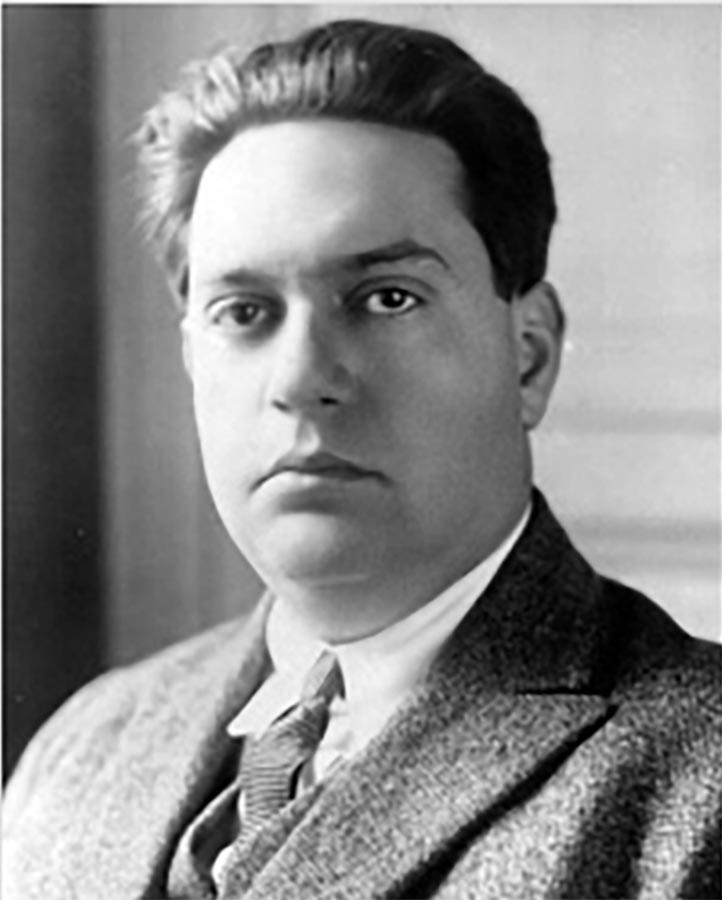Born September 4, 1892; Marseille, France
Died June 22, 1974; Geneva, Switzerland
Le boeuf sur le Toir, Op. 58
COMPOSED
1919-1920; 28 years old
Darius Milhaud, a prominent French composer of the 20th century, is celebrated for his groundbreaking contributions to polytonality—the simultaneous use of different keys. Born in Aix-en-Provence to a Provençal Jewish family, Milhaud studied under Paul Dukas and Vincent d’Indy at the Paris Conservatory. Grouped with fellow composer such as Les Six by critic Henri Collet, he later became a professor at Mills College in California and, from 1947 onward, taught at the Paris Conservatory despite battling crippling arthritis in his later years.
Milhaud’s bold and distinctive style shines through in compositions like the ballets L’Homme et son désir (1918), Le Boeuf sur le toit (1919), and La Création du monde (1923). Notable operas include Christophe Colomb (1930), Le Pauvre Matelot (1926), and Médée (1939). Pioneering the use of bitonality and polychords around 1913, Milhaud’s polytonal exploration is exemplified in Saudades do Brasil (1921). Despite a later simplification of style, his music retained a predominantly polytonal harmonic basis, creating a unique auditory experience marked by the simultaneous movement of different sound planes. A prolific composer with over 400 works to his name, Milhaud’s legacy extends to radio and motion-picture scores, symphonies, choral works, chamber music, and the widely recognized two-piano suite Scaramouche (1936). His contributions, often characterized by dissonance yet retaining a lyrical quality, make him a trailblazer in 20th-century classical music.

